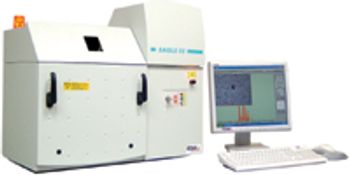
Spectroscopy-03-01-2006

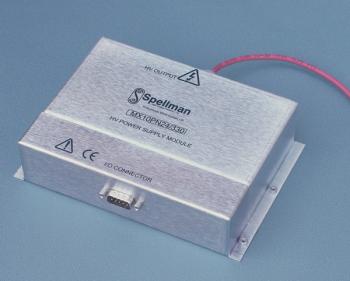
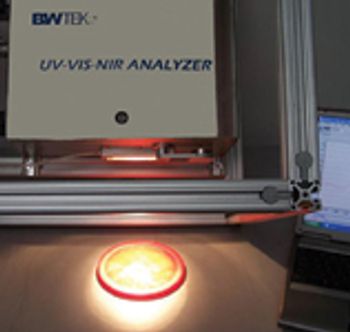

Spectroscopy
Realistically, 2005 was a good year for the laboratory analytical and life science instrument industry. Although growth has moderated from that experienced in the 1990s, a general rebound in worldwide industrial demand, and continued spending for life science and strong growth in Asia and North America drove instrument systems and aftermarket sales. Similar to last year, 2006 should be a year of healthy sales growth as global economic conditions support continued market expansion.
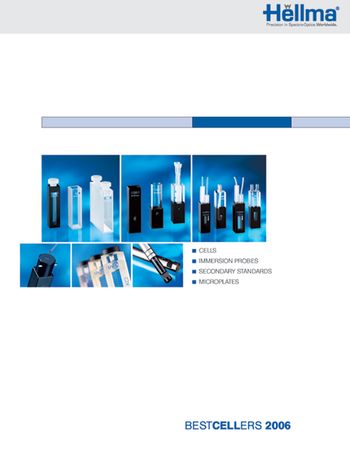
Spectroscopy
The Shamrock 163i imaging spectrograph from Andor Technology is based on a Czerny-Turner optical layout featuring a focal length of 163 mm, an entrance aperture ratio of f/3.6, and a wavelength resolution of 0.17 nm. The instrument includes interchangeable gratings and slits that allow users to select different wavelength ranges and resolutions. Andor Technology, Belfast, UK; www.andor.com
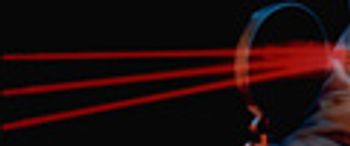
Spectroscopy
Tunable diode laser absorption spectroscopy (TDLAS) has evolved from a laboratory specialty technique to the foundation for highly sensitive and specific gas-phase sensors for the process environment. This article discusses two recently developed products, a portable trace gas monitor, and a water vapor flow sensor.

Spectroscopy
Getting light from one place to another is a key task in any spectroscopic method. Sometimes we send light through (mostly) empty space using mirrors or lenses, and sometimes we use things called fiber optics. This installment of "The Baseline" tackles fiber optics.

Spectroscopy
Laboratory fixed-wavelength spectroscopy includes those techniques in which a single or specific excitation wavelength is utilized. There is still significant demand for these instruments in certain applications. The total market for laboratory fixed-wavelength spectroscopy continues to represent a major molecular spectroscopy market, despite being largely overshadowed by scanning and Fourier Transform techniques.

Spectroscopy
This year's survey of salaries and job attitudes reveals that the market seems stable, but many spectroscopists are feeling the pressure of the economy at work.
